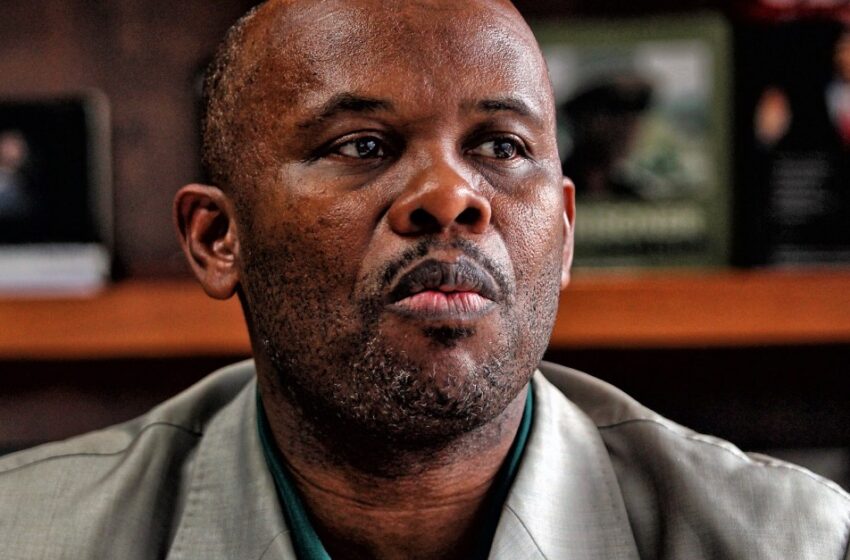Shadrack Sibiya speaks out, accuses Mkhwanazi of unsanctioned investigation

Shadrack Sibiya
Deputy National Police Commissioner Shadrack Sibiya has launched a strong public defense after KwaZulu-Natal Police Commissioner Nhlanhla Mkhwanazi accused him of orchestrating a rogue investigation, potentially hindering politically sensitive murder probes. This dramatic clash marks a seismic shift in the SAPS hierarchy, drawing national attention and triggering disciplinary action.
Key Accusations: Mkhwanazi’s Allegations
On July 13, Mkhwanazi held a press briefing in Durban alleging that Sibiya, along with Police Minister Senzo Mchunu, improperly interfered in investigations into politically motivated killings. He claimed that a specialised task unit was disbanded intentionally to block these probes. Mkhwanazi labelled it a “rogue” operation deeply embedded within SAPS.
Shadrack Sibiya Responds: Denial and Defiance
Sibiya has categorically denied the claims, calling them baseless. He accused Mkhwanazi of conducting a parallel, unsanctioned investigation, operating outside official SAPS procedures. According to Sibiya, the accusations are a “blatant misuse of power” and have triggered a breakdown of trust within the service.
Shadrack Sibiya Leave of Absence and Internal Scrutiny
Following the allegations, National Police Commissioner Fannie Masemola instructed Sibiya to step down and take leave of absence while SAPS conducts an internal investigation. Sibiya received formal notification to remain at home as processes are underway.
READ ALSO
Shadrack Sibiya placed on compulsory leave amid controversy
Shadrack Sibiya under fire: A trail of allegations and suspensions
Minister and Presidential Action
President Cyril Ramaphosa has also placed Police Minister Senzo Mchunu on special leave pending an official commission of inquiry into the broader accusations. The inquiry is expected to scrutinise allegations against both Mchunu and Sibiya, including whether they colluded to dissolve the task unit probing political killings.
Institutional Fallout: Reform Under Pressure
The crisis has reignited debate over the need for comprehensive SAPS reform. Political analysts argue this exposes how deep-seated corruption and interference may be eroding police credibility. It also raises questions on executive oversight and how far rogue activities extend within law enforcement.
What Lies Ahead: Inquiry, Accountability, Transparency
The commission of inquiry will gather cross-agency evidence from the NPA, SSA, and other oversight bodies to determine whether high-ranking officials misused their positions or impeded justice. Its findings could reshape public trust in SAPS and either validate or disprove Mkhwanazi’s explosive claims.
The Sibiya–Mkhwanazi confrontation represents a defining moment in South Africa’s police service, highlighting concerns over internal power struggles, the judicial system’s role, and the limits of political influence. With a formal inquiry now underway, the country will closely follow whether these revelations lead to meaningful reform or descend into further institutional turmoil.

